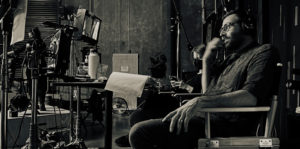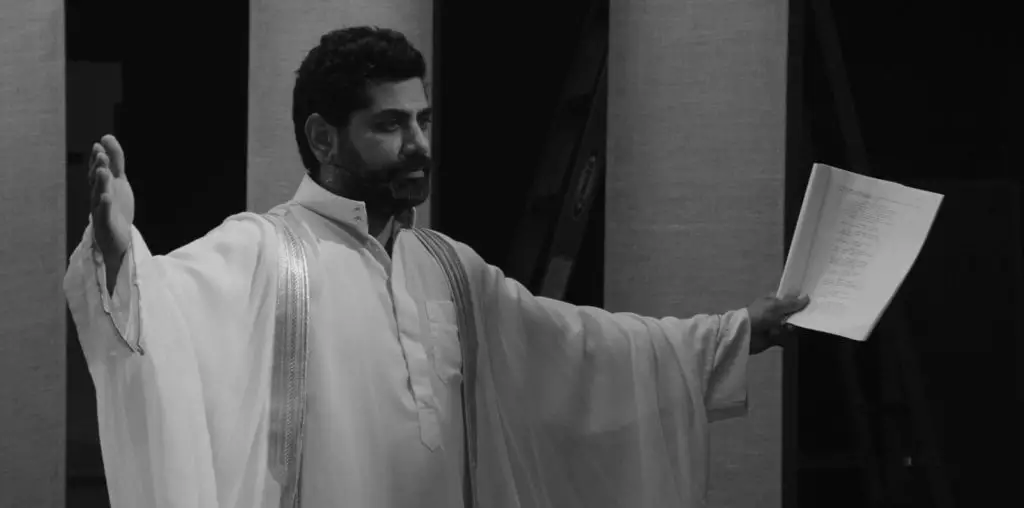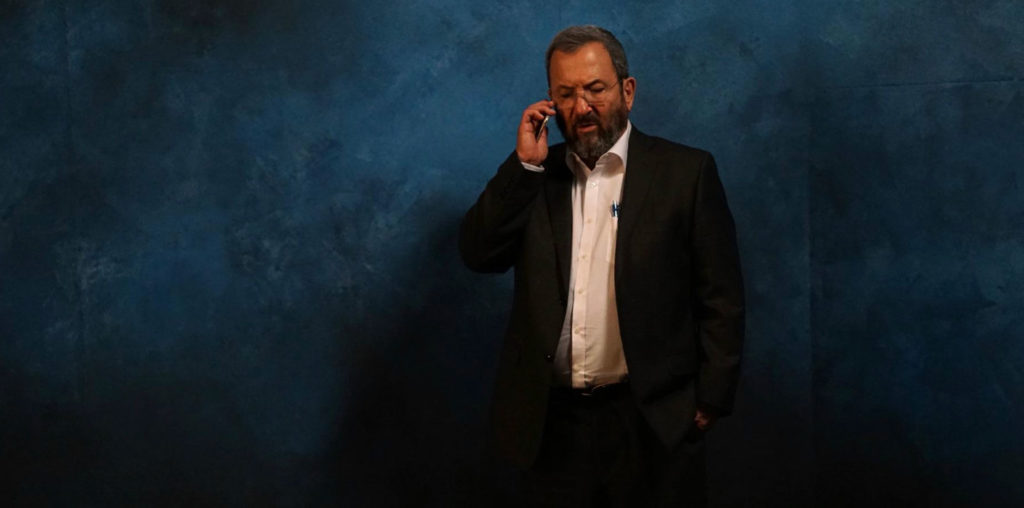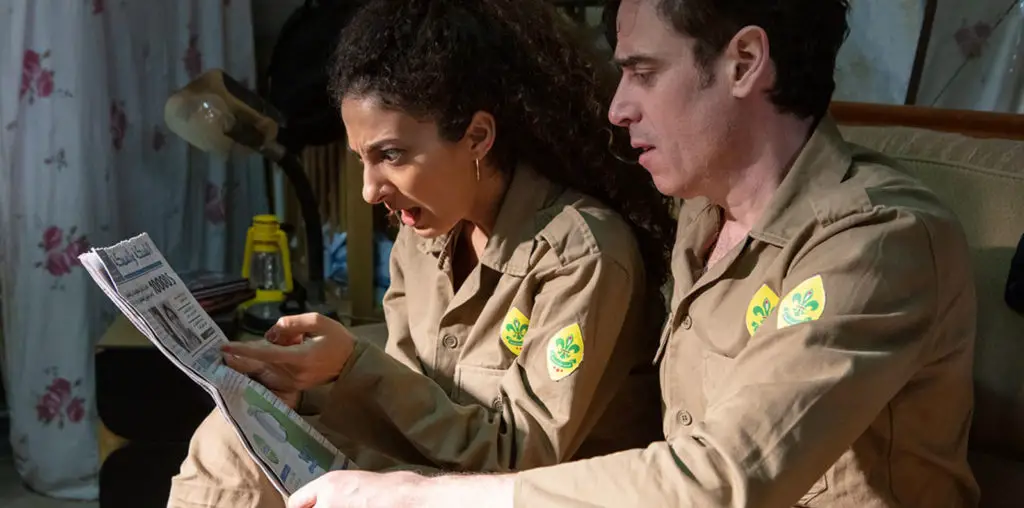
Adam: I also agree that everyone needs to forget eventually. It needs to begin as a movement of letting go of the past, and maybe, in a few generations, it could happen. But some people have survived the horrors of concentration camps. For them, it’s impossible to forgive or forget. My friends have died in bombings in Tel Aviv during my time in the forces. I am probably ready to move on, but it can’t be the same for everyone. I guess it affects the kids the most because they grow up in a way amidst these horrific events. They don’t understand it, and witnessing such things shapes them differently. So, firstly, it has to be a conscious decision between the two nations to stop going back and resolve to decide to move toward peace. Otherwise, we’ll keep going, just like some forces everywhere who want the fighting to continue. I think the word “future” in that quote means [liberation of future generations].
Sarah: I think that moving on and forgetting is a very American privilege, especially for people of the second generation. Like I am a child of a Holocaust survivor. I am a third child. So, I am not as aware of that history as my older siblings. But I feel like history is about remembering. However, at the same time, powerful people benefit from that remembrance. And it ensures that those same people retain power and money by implementing divisive beliefs and conflicts. That’s what so many of these divisions are really about. The genetics of trauma is that you wind up passing it down anyway. It just expresses itself differently. So, being able to remember and be able to forget, and finding the right balance in between, is the only way to move on.
Mousa: Well, I have varying opinions on this matter. I hear everyone, but I can’t find anything to justify when a country is in power and subjugates anybody else from being other than Jewish, perceived as the “other.” And then, to abuse that power and exploit the rights of those “others” is unjustifiable. It’s systematic oppression against Palestinians, and that’s system is broken. So, unless people start viewing each other as equal, it will not change. It’s not about two religious or political factions to me. I have lived there and seen it. I understand that everyone from both sides has a one-sided view of the situation. And that’s my American privilege – to walk in the shoes of both of them. But, if you want freedom, you can’t have it if you consider one over the other. It’s happening across world societies, and I don’t think you can justify it, i.e., one having power over another. Coming to the quote, I don’t think anyone should ever forget. It’s more about moving forward and using the past to stop that from happening to one another again.
“…unless people start viewing each other as equal, it will not change.”
Karim: Something interesting is happening here. I think what we are doing resembles those people playing those types of Mer-Khamis. Underneath those people, there were still characters. It would be a projection if any of those three character types were conceptual.
What if we are robbing Shimon Peres of the ability just to be an intellectual and not Israeli or Palestinian? What if he was sitting there, thinking of his legacy, reflecting metaphorically on an idea? We are probably robbing him of the privilege of just being a man and his random thoughts on memory and the evolution of his relationship to the territorial conflict. I think this is how dehumanization happens – through identity. Let’s not dehumanize this person, Peres, by reflecting upon his quote through the prism of the conflict. In the same way, we dehumanize each other by associating each other with definite identities, calling each other Israeli and Palestinian.
Even in our conversation, we have done the same. We discussed how one character type of the three was more vehicular in channeling the other two theoretical character types. We talked about a form of reconciliation through our liberal intentions and, at the same time, brought in binary and polarity and other steps of interventions. Maybe, Peres just had a moment where he only had a philosophical thought. We are reducing a character to a national or religious identity when describing it through one particular conflict. That’s the beauty of this film that even we are tested by exposure to its telling. It’s structured in a way where it’s trying our capacity to deliver ourselves in the conversation. We adapt to the types we’re given and accept them and their divisiveness. However, in reality, there is no difference for an actor in playing any of those characters. As an actor, there is no difference in tears you cry thinking about a secular individual or a Palestinian. The character is devoid of these identities, and that’s the fundamental idea. The character is indeed in the behavioral attributes of kindness, love, humor, and passion. That’s why the movie is great because it exposes us.
We should realize that a part of us is free from the roles we have played due to this film. And through Yes Repeat No, I don’t want us to view anything as another depiction of this side or that side, as we have already managed to talk about and break barriers of identity. So, forgive me; my character isn’t Israeli Juliano. My character is an agile, arrogant, loving, provocative guy who has a deep relationship with his land and history and loves his mother. That’s my character. There’s no Israeli, Arab, or Public Juliano.



[…] Source link […]